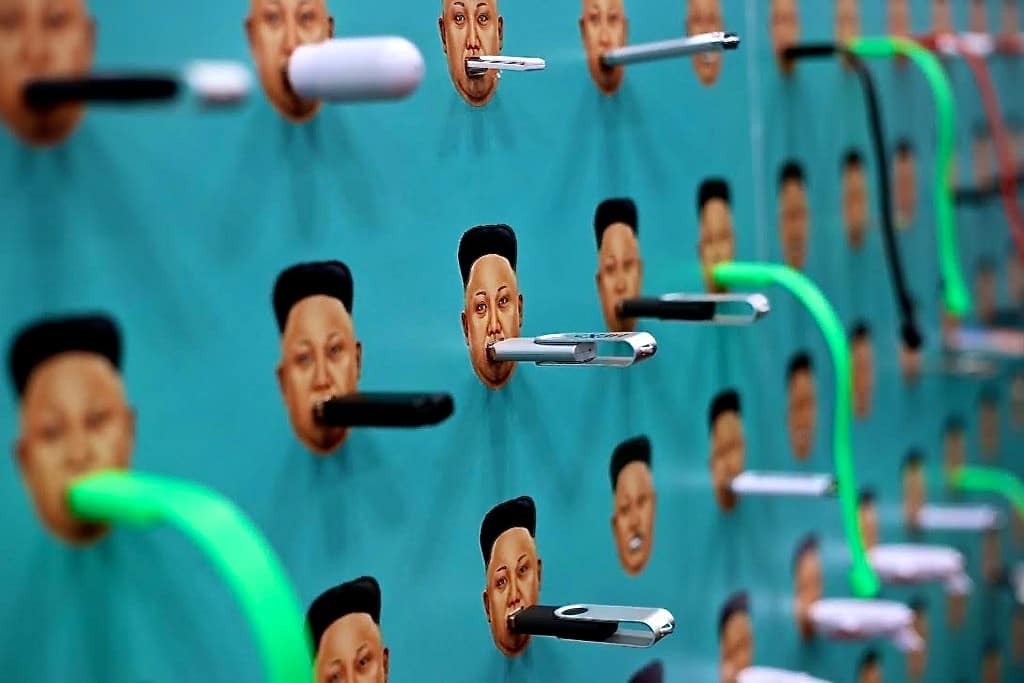As the world turns upside down and unhinged becomes the new normal, we want to provide some positivity from within the deep divisions of 2016. Take comfort. The world is better than you think.
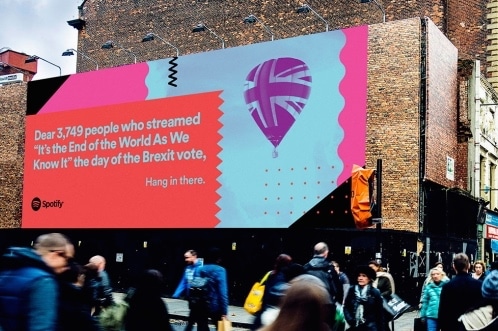
Spotify crunches listener data to thank you for a ‘weird’ 2016
From Silicon Valley to Bulambuli Valley, social entrepreneurs are tackling the world’s most difficult problems. Technology is being democratised, access to education is causing global literacy to rise, blockchain technologies keep expanding, open source social innovation is taking over and we’re punching above our weight in crowds. Thanks 2016.
As the year comes to a close, we asked you how we can all be more useful next year. From flashing North Korea to hitting the bottle to hacking everything, take a trip through the people and projects that made you smile, think and look forward to the future – with 14 quirky ways you can be more useful in 2017. Happy New Year.
14. ‘Drive’ change
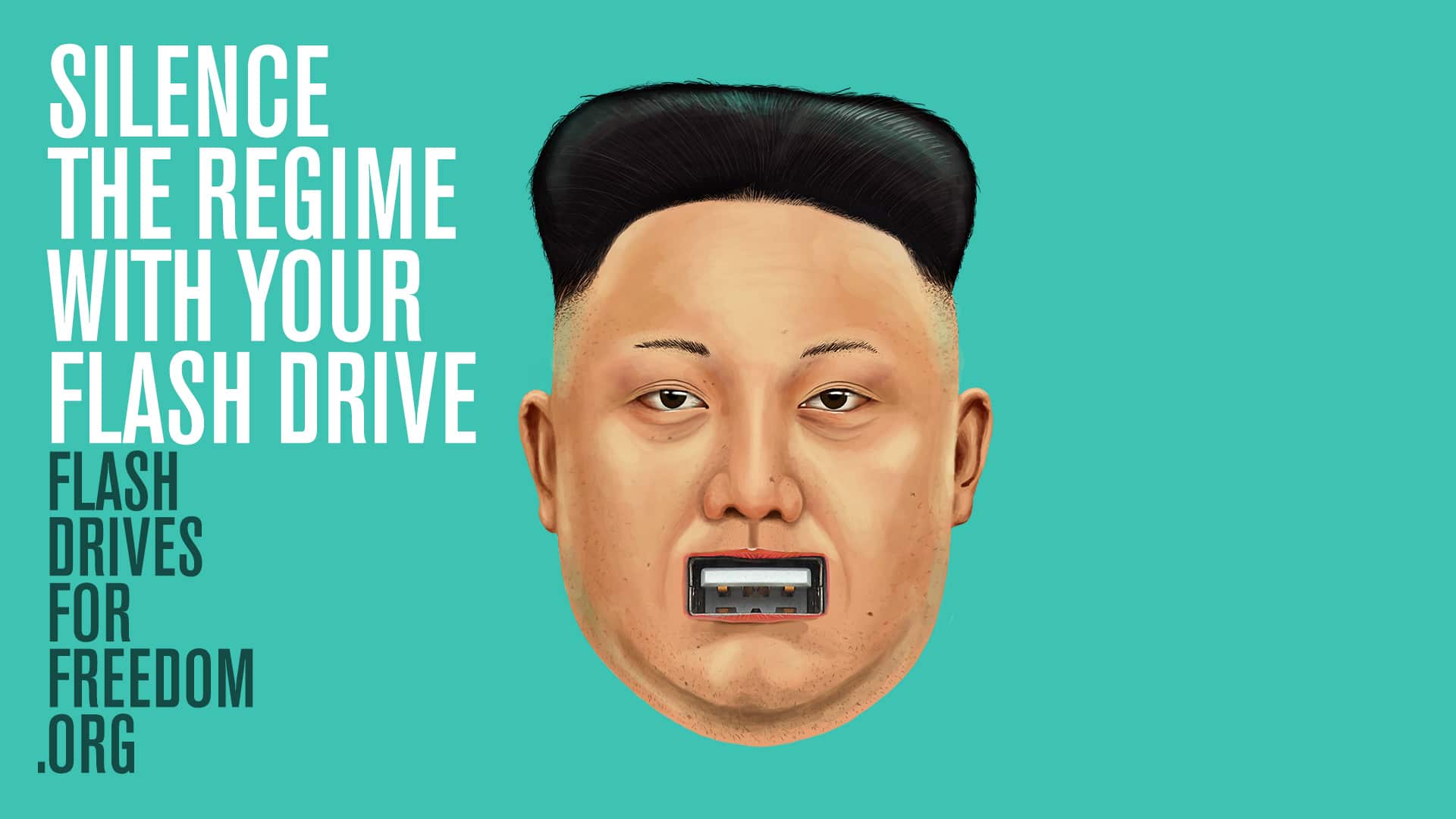
Hack back at tyranny
It might be a small operation compared to the mighty Democratic People’s Republic of Korea, but this year Disrupt North Korea collected nearly 20,000 Flash Drives for Freedom to help groups in South Korea undermine the regime’s rhetoric – by exposing North Koreans to popular culture from the outside world: “Our hopes for 2017 are to continue to collect flash drives and hopefully send 50,000 drives into North Korea by the end of 2017.”
► What you can do: Flash North Korea
Your USB sticks could help introduce people to the topic of human rights. Send your ‘plastic pieces of peace’ to this address, because in the world’s most closed society, they are valuable tools of education and discovery.
13. Run a DIY-zine
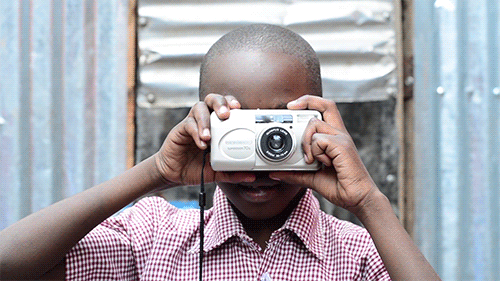
A voice for the voiceless
Currently working with Save the Children in Egypt on a zine about how to become a successful young woman, Zinester gives a voice to young people by teaching the basic skills involved in designing your own lo-fi magazine. Co-founder Harrison Thane spent the end of 2016 working in Ethiopia’s Bekoji hills with a training group for aspiring young runners, Girls Gotta Run: “This is where many Olympian marathon champions originate. We explored the underpinning benefits to both the individual as well as the community.”
► What you can do: Capture unique voices
Support the Zinesters to help marginalised groups capture their narrative visually in the ‘zine’ format.
12. Sow the seeds for tomorrow
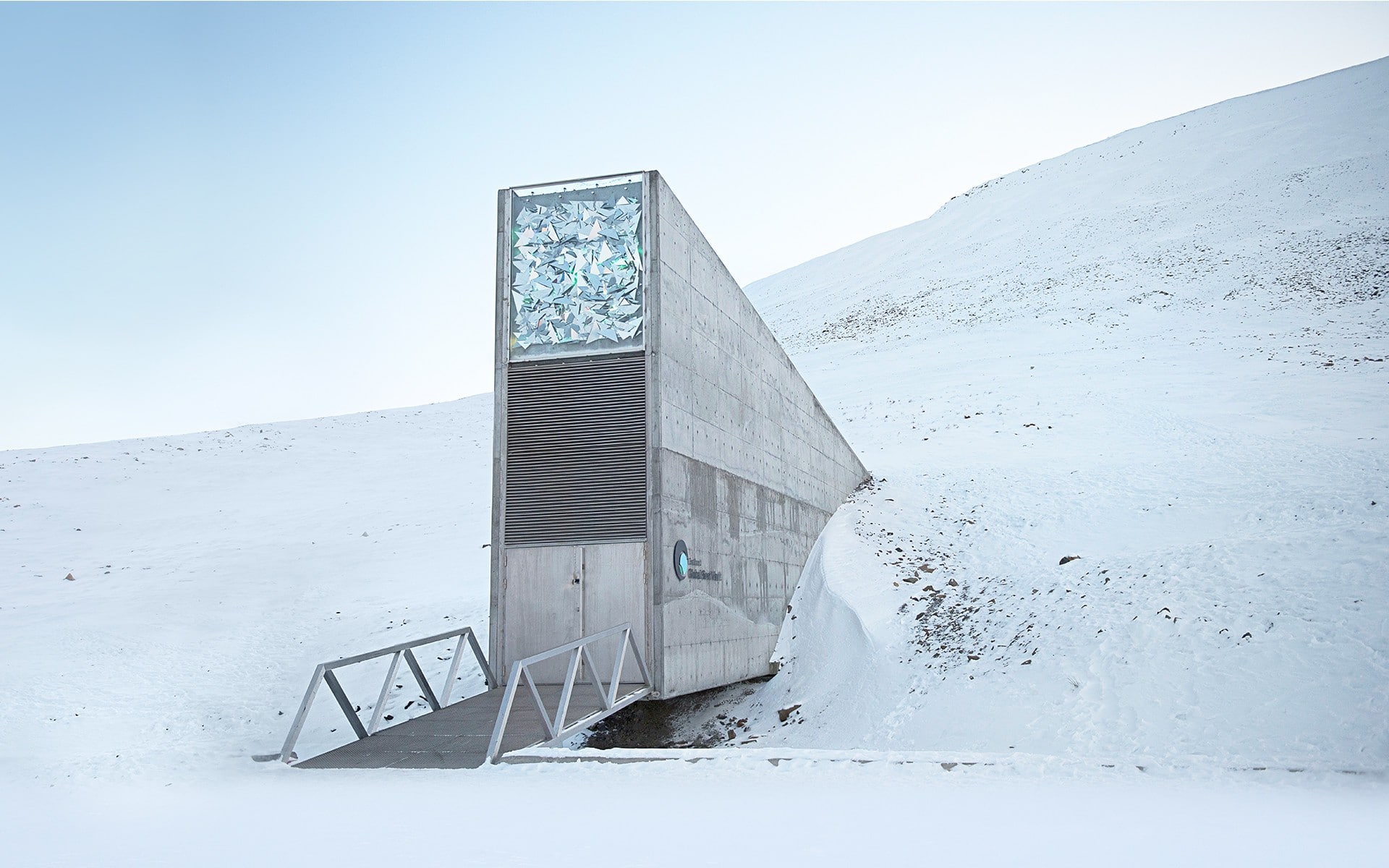
My freeser’s bigger than yours
Your chapatti, your tortilla, your slice of bread, your sushi, your morning coffee, your afternoon tea, your evening soup, your nightcap, even your meat – almost everything you eat and drink has its basis in seeds. Built to withstand natural and manmade disasters and safeguard everything from sheep food to chilli peppers, the Svalbard Global Seed Vault takes the world one step closer to future food security. Over 880,800 samples of our most important food crops are stored deep within the permafrost. The next deposit will take place in February 2017.
► What you can do: Celebrate the miracle of seeds
Acknowledge the link between crop diversity conserved in gene banks and the food on our tables. Donating US$50 to this Noah’s Ark of seeds (some call it a ‘Doomsday vault‘) can ensure the conservation of one variety of maize for an entire year.
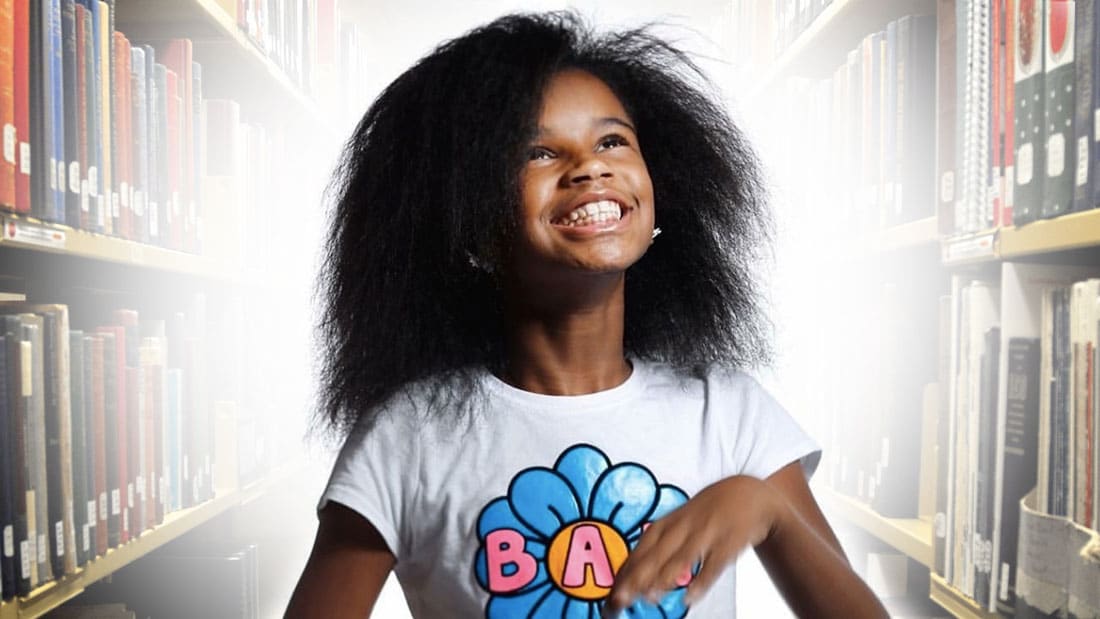
Marley Dias is an impressive character
Bored of only reading about “white boys and their dogs” at school, an 11-year-old mini-literary activist from New Jersey launched a book drive. Marley Dias collected books from around the world with one thing in common – they all represented black girls or “girls like me”. Then she donated them to schools, starting in Jamaica: “To consider myself revolutionary I would need more people working for diversity in books. Right now I am making a small step in the direction of inclusion.”
► What you can do: Donate your books
Since November 2015, Marley’s #1000blackgirlsbooks has amassed over 7,000 books. Add more here.
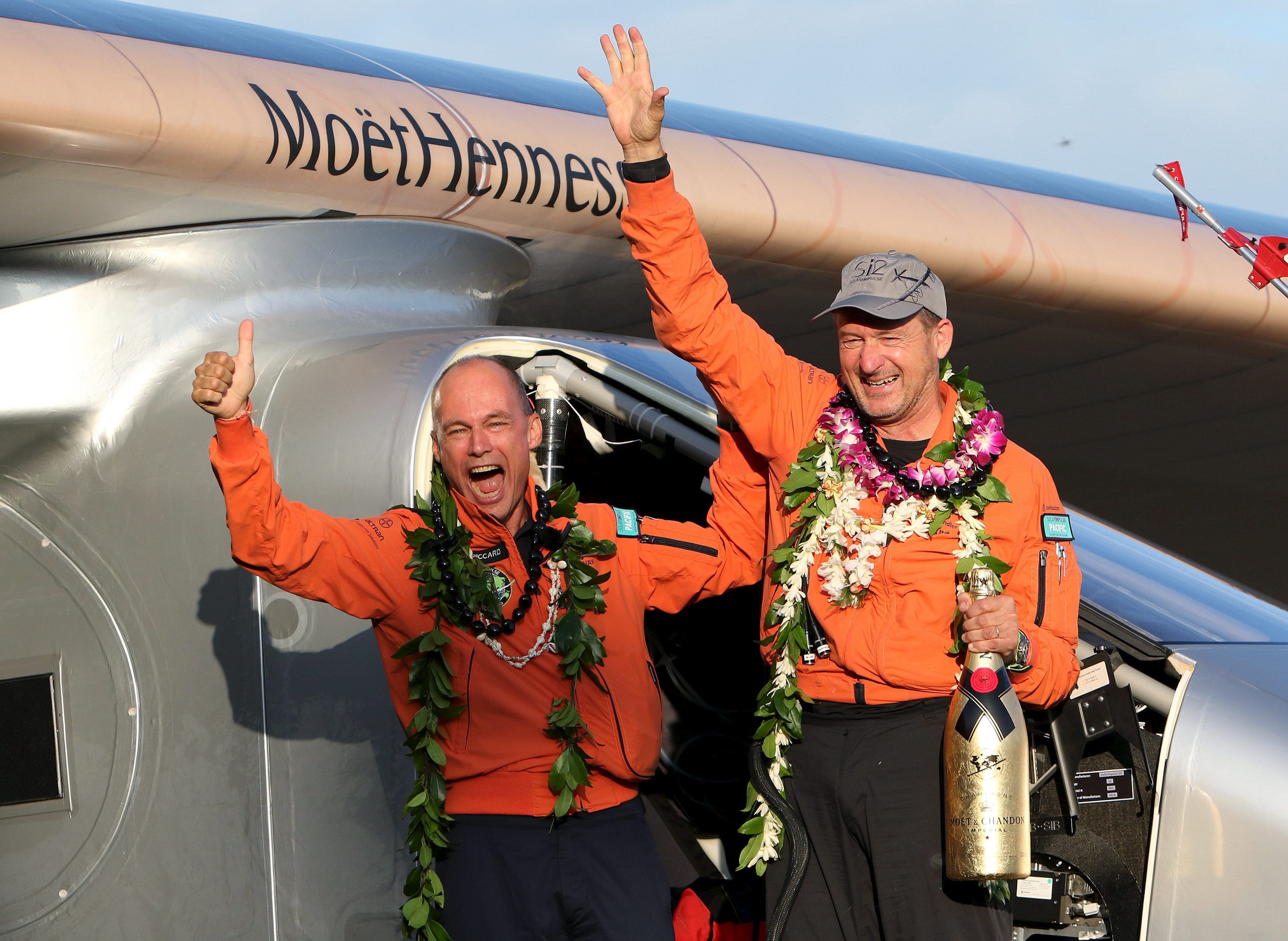
Pilots Bertrand Piccard and Andre Borschberg
Less than four months after Solar Impulse completed the epic adventure of flying around the globe with no fuel, its Swiss pilots launched the World Alliance for Clean Technologies in Marrakech at COP22. The alliance is the second phase in the realisation of their vision that clean technologies can solve many of the challenges facing our society today.
► What you can do: Embrace cleantech
Listen to pilot Bertrand Piccard: “We need to embrace clean technologies, not because they are ‘eco-logical,’ but because they are ‘logical’. Even if climate change didn’t exist, energy efficient technologies would make sense – to create jobs, generate profit and boost sustainable growth while also reducing CO2 emissions and protecting natural resources.”
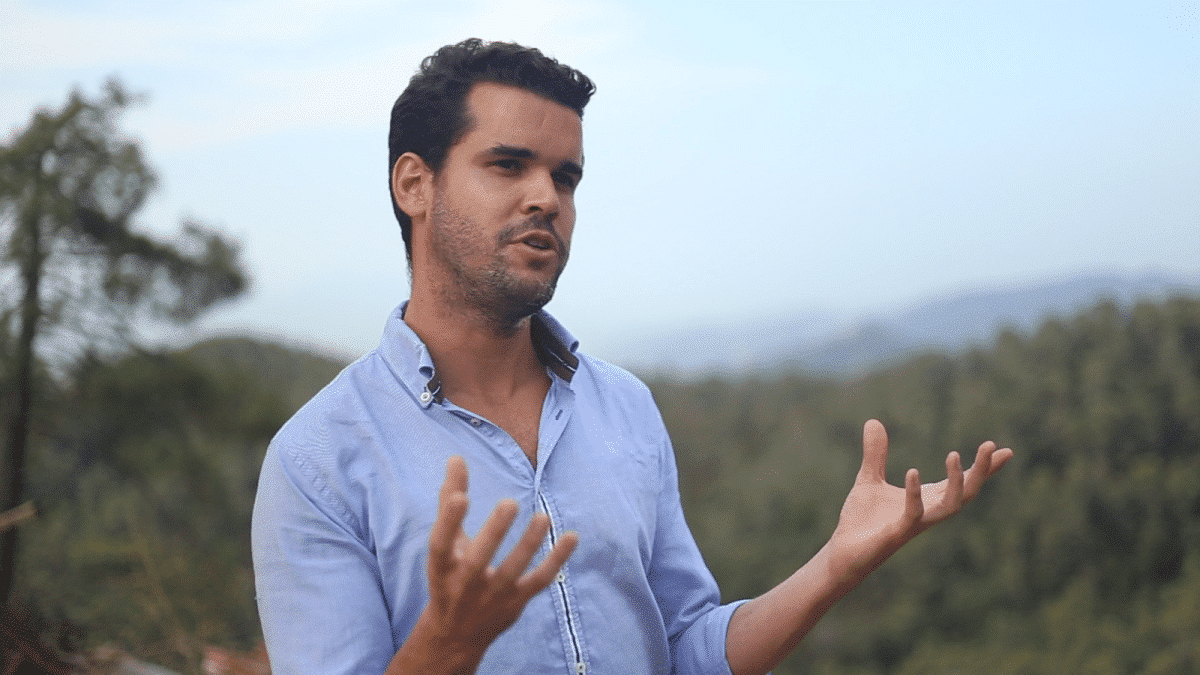
Tomás likes getting his hands dirty
Started in Barcelona, Fab City aims to build a more sustainable and inhabitable new world – collectively – through opening digital fabrication makerspaces: “Fab City now has 16 members, including Detroit, Paris and Bhutan, the only country that has a happiness index for their citizens,” explains Founder Tomás Diez.
► What you can do: Be fab
In 2017 the Fab Lab will launch the Fab City Dashboard where citizens, civic leaders, digital fabrication laboratories and makers can understand the existing resilience of their cities and how they are having an impact on it.
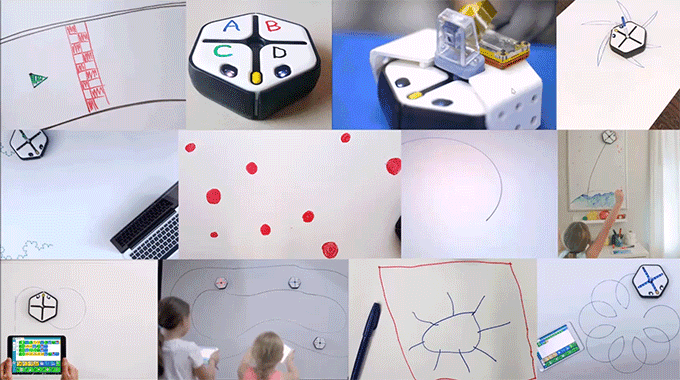
Getting to the ‘Root’ of coding
Root is a miniature robot that drives on walls or tables to make games and empower the next generation of coders. It will ship by May 2017 in time for its curriculum to make a big impact for the 2017-18 school year: “2017 will be a monumental year for Root,” Zivthan Dubrovsky tells us. “We will go from having only a handful of robots that were hand assembled and manufactured in our lab to tens of thousands of robots being used in homes and classrooms.”
► What you can do: Root for Root
To provide Root for schools and help fix the coding gap, back the project on their Kickstarter funding page.
7. Be curious
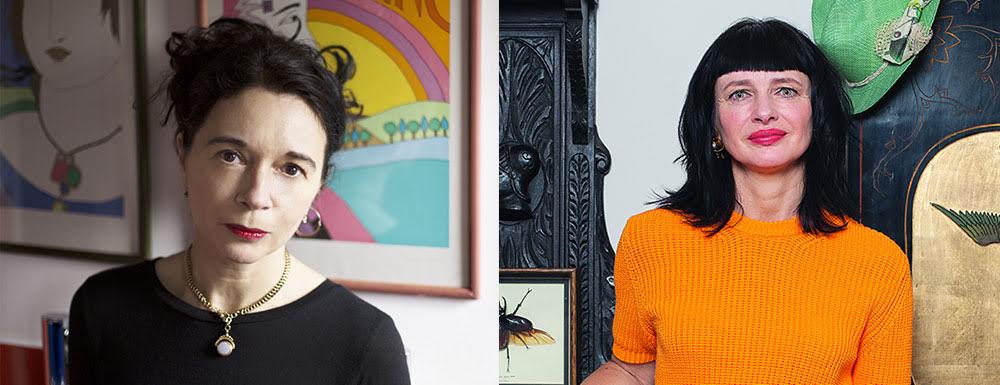
Orsola and Carry campaign against mindless fashion
Fashion Revolution encourage individuals to ask brands #whomademyclothes to discover the real people throughout the supply chain. Carry Somers updates us: “In 2017, we will be publishing the second edition of the Fashion Transparency Index, ranking 100 of the biggest global fashion brands and retailers on what information they are sharing publicly about their social and environmental policies, processes, practices and performance.”
► What you can do: Encourage transparency
Question how your clothes are made and who made them. Get in contact with brands and ask #whomademyclothes to demand a response from the high street brands using sweatshop labour.
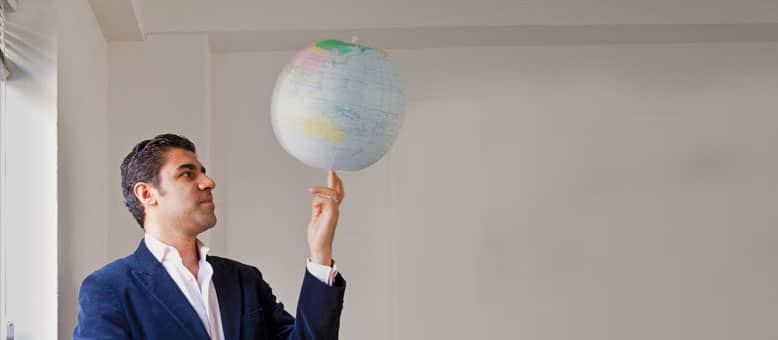
Khanna sees a world that is not spinning out of control
Parag Khanna loves maps – as this tour through 7 ways to map optimism shows: “Whether finding maps in the glove compartment or flipping through the maps in airline seat pockets, maps always kept me busy,” the bestselling geopolitical author tells us. In 2017 the cartophile will release a new book, Technocracy in America,which looks at all the lessons that well-run governments from Switzerland and Germany to Singapore and China hold for the US. (Take note Trump.)
► What you can do: Make real maps
“Publish great maps that help us navigate the future. Seeing is believing,” Khanna adds. “Better maps of the real – and more positive – world can shape how mankind thinks and behaves.” And make sure you tell the Atlas about them. In 2017 we’ll be mapping the map-makers. Submit your favourite projects that locate impact and chart change here.
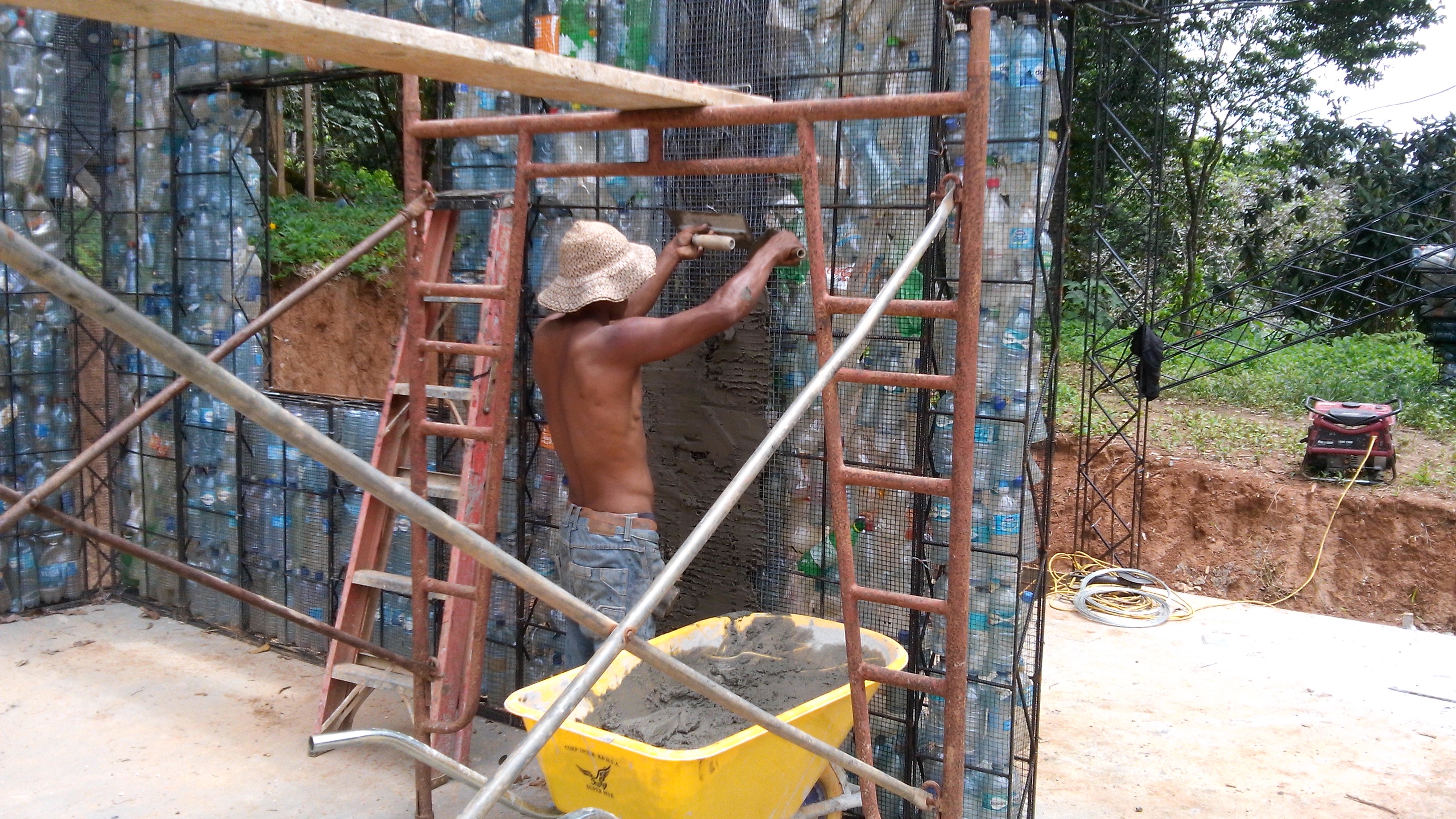
22,000 plastic bottles on the wall
Robert Bezeau has taken plastic waste recycling to another level by constructing the world’s first Plastic Bottle Village, in Panama. His aim is to build an international training centre where people can learn how to build and reuse these devastating bottles: “At a time where humanity is struggling with the invasion of plastic bottles in our lives, we are teaching the world how to eliminate them, by using them to serve us in building homes and shelters, instead of destroying our planet.”
What you can do: Reuse your plastic bottles
Help Bezeau help the world realise that we can reuse plastic bottles in many other applications, such as swimming pools or rapid temporary shelters after disasters. Make them become an endangered species.
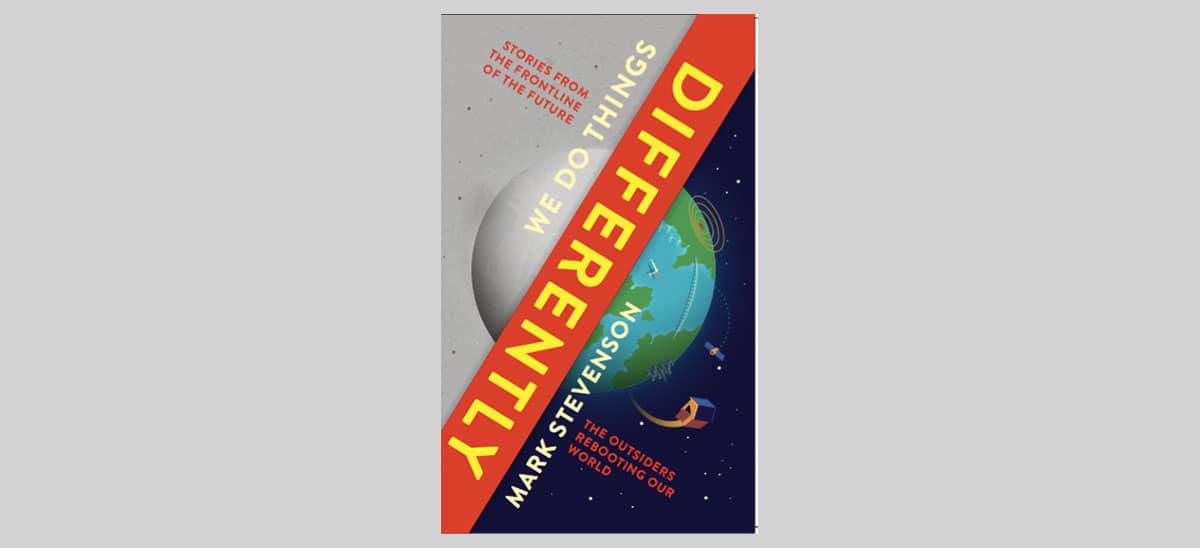
Hacks culture to spread a meme of pragmatic inclusive optimism
Author Mark Stevenson believes that people can be reconnected around projects, especially local ones. And we agree. His latest book, We Do Things Differently: Stories from the Frontline of the Future, offers a roadmap to and a window on a better future, by telling the stories of people already hacking the world for the better and succeeding. In 2017 he hopes that we will see the early shoots of rebooted democracy grow, “as we learn to democratise energy, education and healthcare in the cause of a more sustainable, equal, just and humane world.”
► What you can do: Choose renewables
“Find out your emissions for the country you live in (assuming you’re an average citizen) here and move yourself over to renewables,” Stevenson advises. “It’s pretty much the same price now so there’s no excuse to not do it.” Make the switch.

Little sun. Big impact.
At the opening ceremony of COP22 in Marrakesh in November, delegates shared a solar-powered sunrise as thousands of Little Sun solar lamps lit the room – creating a symbol for the right to sustainable energy access for all. Since 2012, more than 450,000 little pieces of the sun have been distributed worldwide to off-grid communities.
► What you can do: Share the energy of the sun
When you buy a Little Sun, you make one available to an African community living without electricity at a locally affordable price. Buy a Little Sun here and find out more about their social business model here.

The boxes of Babel in Samos, Greece
Two Hamburgers are ‘hacking’ shipping containers to create Refugee First Response Centers – mobile medical emergency clinics with live video translation services. In 2016, the they successfully installed ten clinics in Hamburg: “The biggest achievement is the installation of two RFRC pilots closer to the hotspots of the Syrian civil war refugee crisis,” MLOVE’s Harald Neidhardt updates us. “The first unit was installed on the Greek island of Samos and another unit in Beqaa Valley, Lebanon.”
► What you can do: Welcome refugees
The pair’s dream is to install 100 clinics in the hotspots near the Syrian borders. “We ask for your help to support us with introductions to partners and funding to reach our goal to bring RFRC to where help is needed most.”
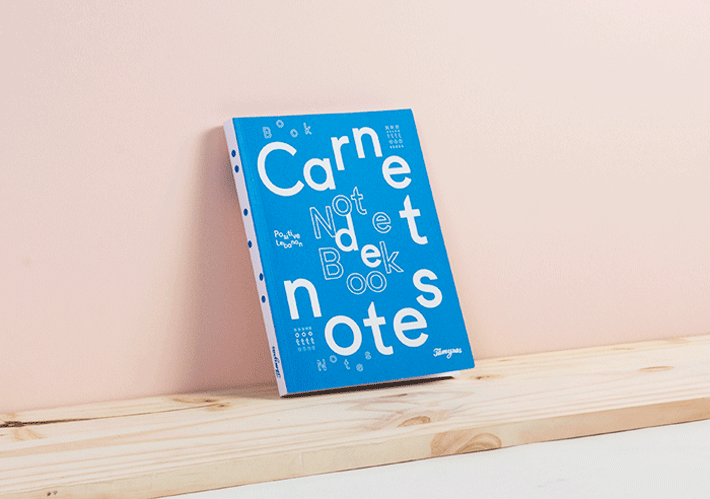
Create a joyous butterfly effect
We live in a world constantly bombarded by negative news. As humans, we’re wired to pay ten times more attention to the negative echo chamber than the good stuff. Changing that, Positive Lebanon believes circulating good news can create a positive feedback loop and encourages action. Its ‘love letters to Lebanon’ help the whole nation look on the bright side by transporting it through the initiatives that work towards a better future. (We hope we do the same.)
► What you can do: Publish the positive!
The Internet was expected to be an open, democratic source of information, but algorithms steer us. Spread facts, inspiring stories and positive images from around the world.
See, 2016 wasn’t all bad. Heard of more projects that inspire you? ► Submit them here.
